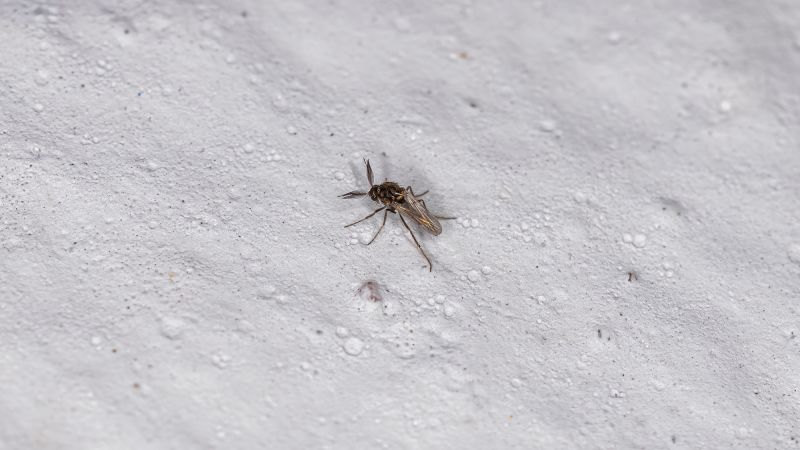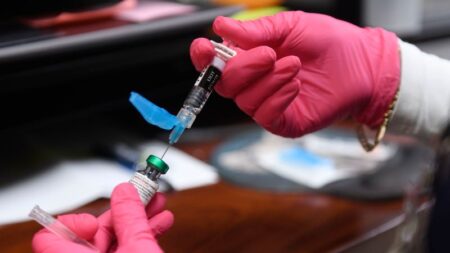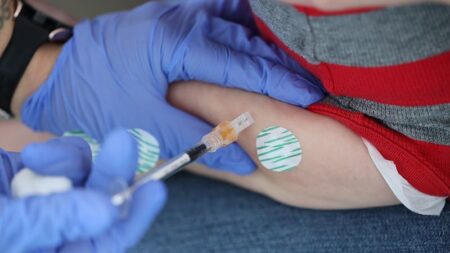An unusual outbreak of a little-known disease transmitted by insect bites has left health officials on high alert. More than 8,000 cases of Oropouche virus have been documented this year as of August 1. The majority of cases have been in South America, but the infection is spreading to new regions, with dozens of travel-related cases reported in the United States and Europe. The Pan American Health Organization, a regional branch of the World Health Organization, has issued an epidemiological alert and raised the public health risk level to “high” for the Americas region.
The US Centers for Disease Control and Prevention has also issued a health advisory, urging health care providers and public health authorities to be vigilant for new cases. At least 21 US travelers returning from Cuba have tested positive for Oropouche virus. The virus, first discovered in a village in Trinidad and Tobago in 1955, has been linked to a range of symptoms including fever, chills, headache, and muscle pain. In rare cases, it can result in meningitis and encephalitis.
The virus is spread through insect bites, particularly from biting midges and certain types of mosquitoes. While there is no evidence of local transmission in the United States, cases have been reported in individuals who traveled to affected areas. This year has also seen the first reported deaths from Oropouche virus, including cases of transmission from pregnant women to their fetuses resulting in adverse birth outcomes.
There is currently no vaccine or specific antiviral treatment for Oropouche virus. Prevention methods such as avoiding mosquito bites and using insect repellent are recommended. The CDC has issued travel advisories for South America and Cuba, with pregnant women advised to reconsider nonessential travel to affected regions. Experts are working to gather more information on the virus as the outbreak continues to evolve.











